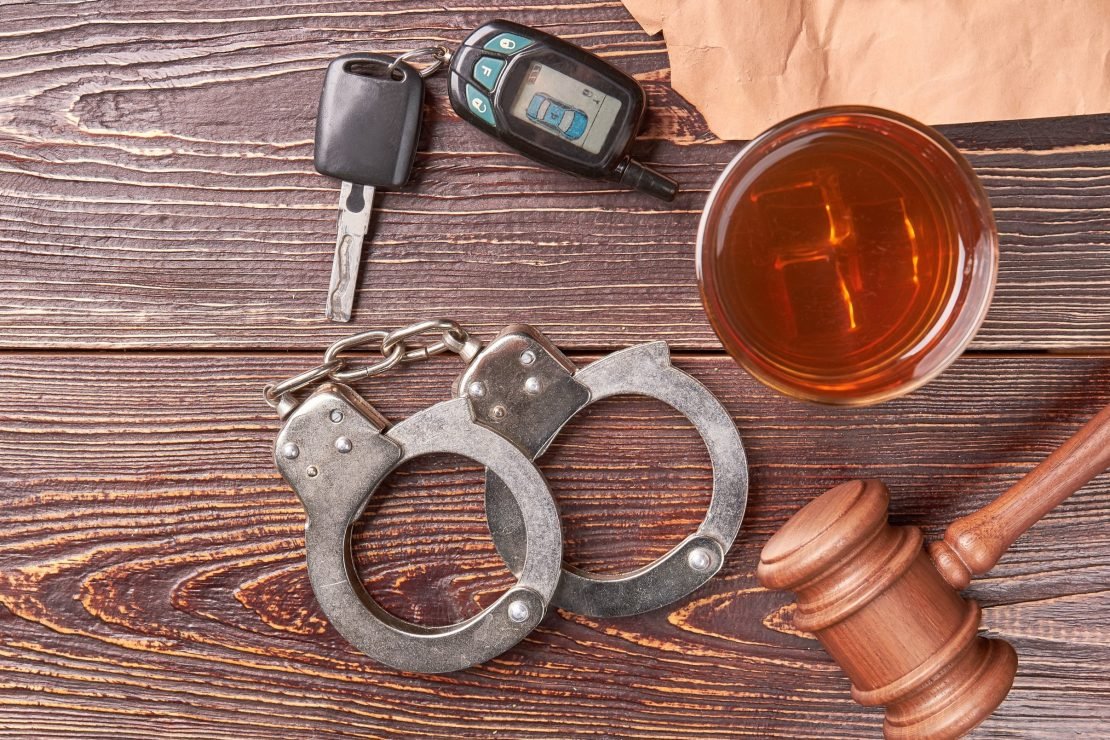Driving under the influence (DUI) and driving while intoxicated (DWI) are serious offenses that carry significant legal consequences. While these terms are often used interchangeably, they can have distinct meanings and implications depending on the jurisdiction. Understanding the differences between DUI and DWI, as well as their legal implications, is crucial for anyone facing these charges.

Definitions and Differences
DUI: Driving Under the Influence
Alcohol and Drugs
A DUI charge generally refers to operating a vehicle while impaired by alcohol, drugs, or both. This impairment can be due to illegal substances, prescription medications, or even over-the-counter drugs that affect a person’s ability to drive safely.
Blood Alcohol Concentration (BAC)
In most jurisdictions, a BAC of 0.08% or higher constitutes a DUI. However, lower BAC levels can also result in a DUI charge if there is evidence of impairment.
DWI: Driving While Intoxicated
Focus on Alcohol
DWI typically refers specifically to alcohol impairment. In some states, DWI is used interchangeably with DUI, while in others, it denotes a higher level of intoxication.
Legal Thresholds
The legal thresholds for DWI can vary. In some areas, DWI may be charged for higher BAC levels, such as 0.10% or 0.15%, indicating more severe intoxication.
Jurisdictional Variations
State-Specific Laws
The definitions and penalties for DUI and DWI vary by state. Some states use only one term, while others distinguish between the two based on the level of impairment or the substances involved.
Local Terminology
In certain states, DUI might be the standard term, while DWI is used in neighboring states. Understanding the specific terminology and laws in your area is essential for navigating these charges.
Legal Implications
Arrest and Charges
Traffic Stop
A DUI or DWI charge usually begins with a traffic stop. Law enforcement officers need probable cause, such as erratic driving or a traffic violation, to initiate the stop.
Field Sobriety Tests
Officers may conduct field sobriety tests to assess impairment. Failing these tests can lead to an arrest and subsequent DUI or DWI charges.
Penalties
Fines and Fees
Both DUI and DWI convictions typically result in substantial fines and fees. The amount can vary based on the severity of the offense and the jurisdiction.
License Suspension
A DUI or DWI conviction often leads to a driver’s license suspension. The duration of the suspension can range from several months to several years, depending on the specifics of the case and prior offenses.
Jail Time
Jail time is a common penalty for DUI and DWI convictions. First-time offenders might face shorter sentences or alternative sentencing, while repeat offenders can expect longer jail terms.
Additional Consequences
Increased Insurance Rates
A DUI or DWI conviction will likely result in higher insurance premiums. Some insurance companies may even cancel your policy, requiring you to find new coverage at a higher cost.
Criminal Record
A conviction for DUI or DWI becomes part of your criminal record, which can impact employment opportunities, professional licensing, and more.
Defending Against DUI and DWI Charges
Legal Representation
Importance of an Attorney
Hiring an experienced DUI/DWI attorney is crucial for navigating these charges. They can help you understand your rights, build a defense, and potentially reduce the severity of the penalties.
Common Defenses
Challenging the Traffic Stop
One common defense is to challenge the legality of the traffic stop. If the officer lacked probable cause, the charges might be dismissed.
Questioning Test Accuracy
The accuracy of field sobriety tests, breathalyzers, and blood tests can be contested. Improper administration or maintenance of testing equipment can lead to unreliable results.
Plea Bargaining
Negotiating Charges
In some cases, your attorney may negotiate with the prosecution to reduce the charges. For instance, a DWI charge might be reduced to a DUI, leading to lesser penalties.
Alternative Sentencing
Depending on the circumstances, alternative sentencing options such as probation, community service, or alcohol education programs might be available.
Preventing DUI and DWI
Responsible Behavior
Avoiding Impairment
The best way to avoid DUI and DWI charges is to avoid driving while impaired. Plan for alternative transportation if you plan to consume alcohol or use substances that affect your driving ability.
Designated Drivers
Designate a sober driver or use rideshare services to ensure you get home safely without risking DUI or DWI charges.
Legal Awareness
Staying Informed
Understanding the DUI and DWI laws in your area can help you make informed decisions and avoid potential legal issues. Stay updated on local regulations and legal thresholds.
Conclusion
DUI and DWI charges carry serious legal implications that can impact your life significantly. Knowing the differences between these charges, their legal consequences, and how to defend against them is crucial. Always practice responsible behavior to avoid these charges and ensure the safety of yourself and others on the road. If you do face DUI or DWI charges, seek experienced legal representation to navigate the complexities of the legal system.









